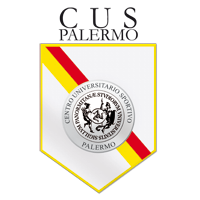Active Ageing for falls prevention
The Active Ageing for Falls Prevention project aims to address and prevent falls in the older population by promoting participation in physical activity. It also focuses on building the capacity of organisations and sports practitioners to collaborate across sectors and borders. Additionally, the project works to disseminate learning packages to a broader group of practitioners, ensuring the knowledge reaches those who can make the most impact.
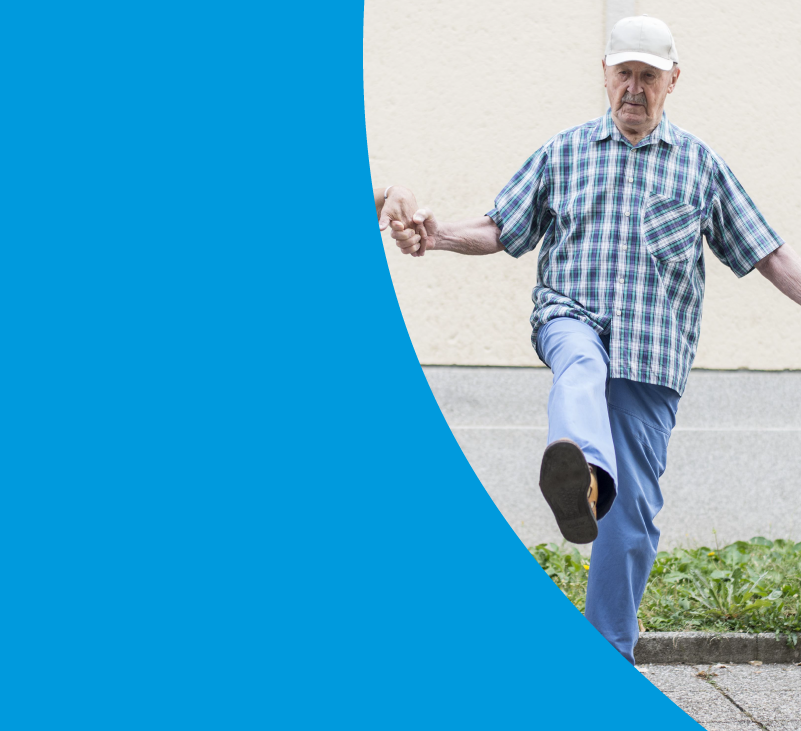
The impact of falls on older people
Falls among older adults are a major public health concern, as they are one of the leading causes of injury-related morbidity and mortality in this age group. As people age, factors such as reduced muscle strength, impaired balance, vision problems, and slower reflexes increase the risk of falls. Chronic conditions like osteoporosis, arthritis, and cardiovascular diseases further elevate both the likelihood and the impact of falls.
The consequences of falls in older people are often severe and multifaceted:
1. Physical injuries: Common injuries include fractures (particularly in the hip, wrist, and spine), head injuries, and bruises. Hip fractures are especially dangerous, often requiring surgery and lengthy rehabilitation. They also carry a high risk of complications, such as loss of mobility and even death due to secondary issues.

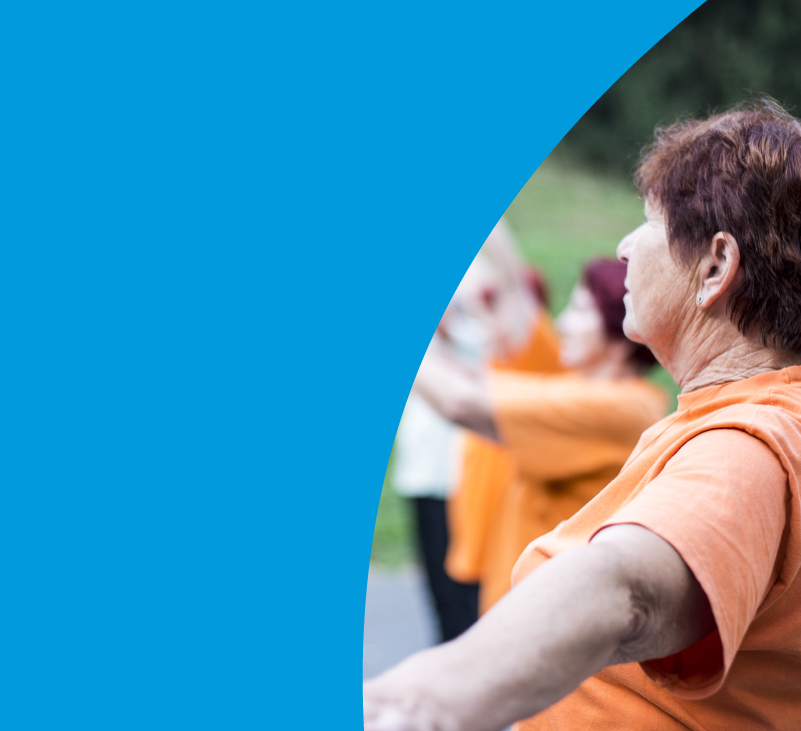
2. Loss of independence: After a fall, many older adults experience a decline in their ability to perform daily tasks independently. This often leads to a greater reliance on caregivers or the need to move into assisted living facilities, which can affect their autonomy and quality of life.
3. Fear of falling: Even if no serious injury occurs, a fall can leave a lasting fear of falling again. This fear often leads to reduced physical activity, avoidance of social interactions, and increased isolation. Over time, this can create a cycle of decreased mobility and increased fall risk.
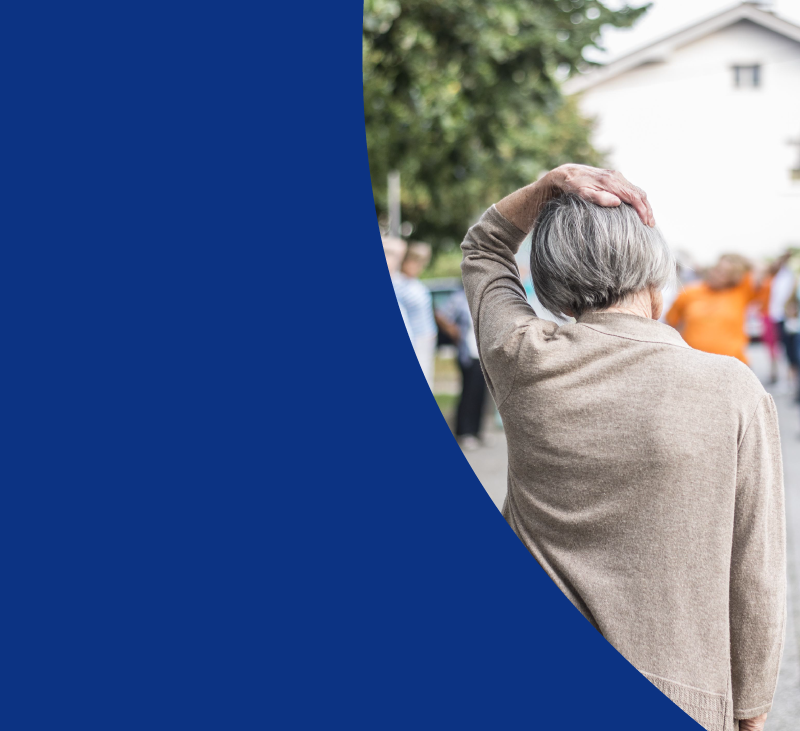
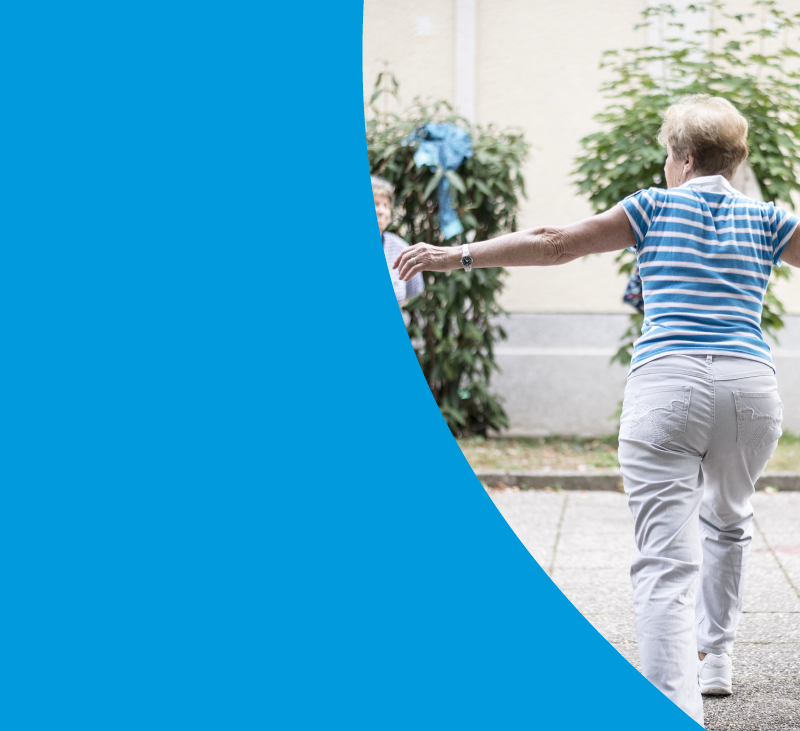
4. Psychological impacts: Falls frequently lead to feelings of depression, anxiety, and a loss of confidence, as the experience highlights vulnerabilities. Social isolation that follows a fall can worsen these psychological impacts.
5. Healthcare and economic burden: Falls contribute to increased healthcare costs due to emergency visits, surgeries, rehabilitation, and long-term care. This places a strain on the affected individuals and their families as well as on the healthcare systems.
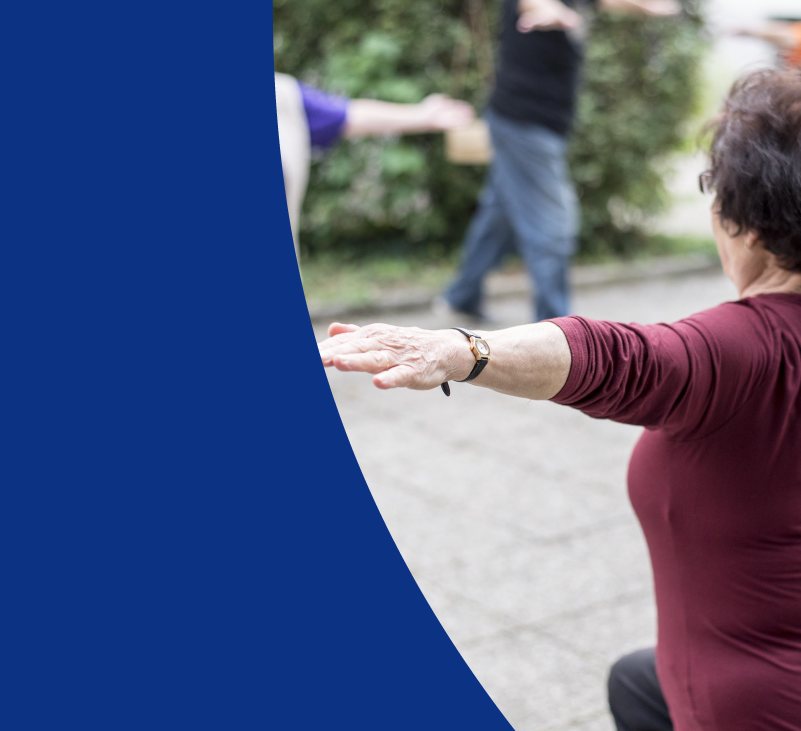
ABC+ Movement Programme for Active Ageing and Vital Living
The ABC+ Movement Programme is a structured initiative designed to promote active ageing by enhancing physical and functional abilities. Building on Slovenia’s pioneering Healthy Exercise ABC Programme, this enhanced version incorporates a comprehensive range of exercises aimed at improving strength (stability), balance, coordination, flexibility, and aerobic capacity, all in line with global standards for planning healthy exercise routines.
Each exercise session within the programme follows a three-part structure:
- Preparatory part: Dynamic warm-up exercises to safely prepare the body for more intense activity.
- Main part: This section focuses on strength and balance exercises that progress through six levels of difficulty, allowing participants to advance gradually based on their capabilities.
- Concluding part: Static stretching exercises designed to improve flexibility and aid recovery.
Part + BALANCE offers engaging exercises aimed at improving balance through interactive pair and group activities. These exercises, including ball passing, counting, and object handling, help enhance stability and coordination in both predictable and unpredictable situations.
Part + MOBILITY focuses on improving essential mobility and floor movements, particularly for older adults. As muscle strength, joint flexibility, and reaction time decrease with age, the risk of falls increases. This section includes nine fundamental movement transitions—from sitting to standing to safe lifting—that promote strength, coordination, and confidence in everyday movements.
Designed as a 12-week programme with 2-3 exercise sessions per week, the ABC+ Movement Programme offers a progressive approach to active ageing. Each difficulty level targets 4-6 exercise sessions, ensuring a safe, gradual progression that aligns with participants’ fitness levels. This structure supports both independence and improved quality of life through consistent physical engagement.

Active Ageing for Falls Prevention
Partners

"This project has been funded with support from the European Commission. This website reflects the views only of the author, and the Commission cannot be held responsible for any use which may be made of the information contained therein."





